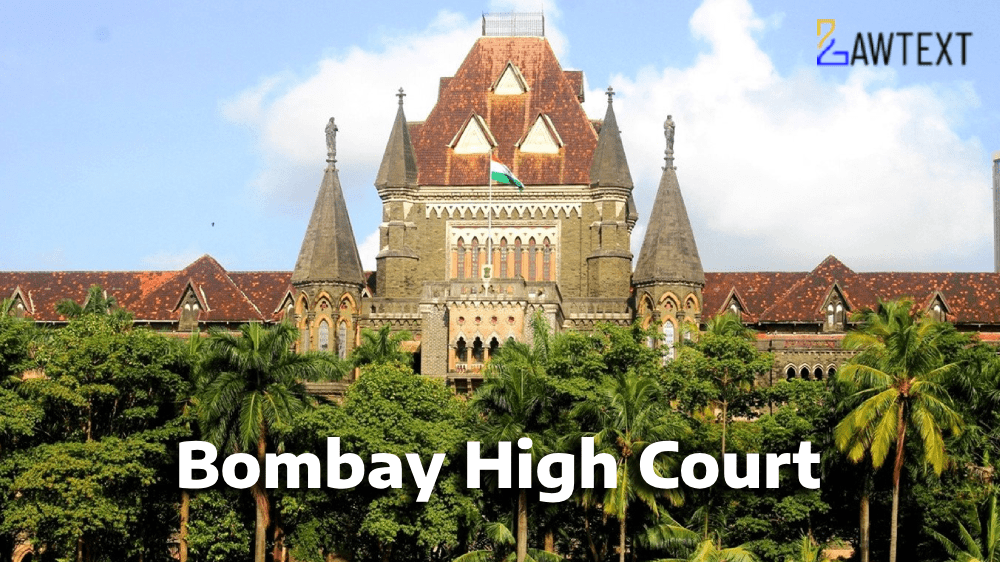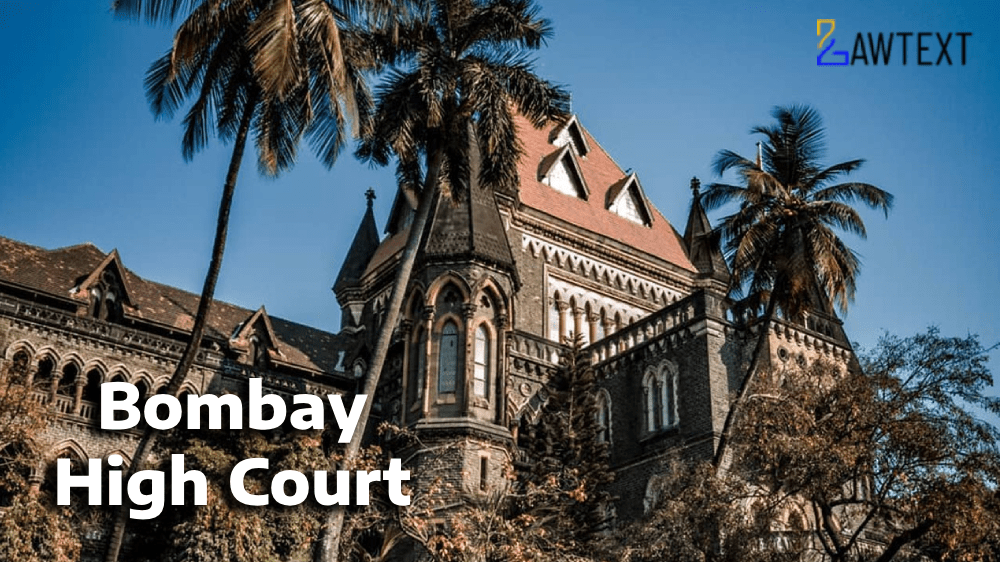Case Note & Summary
Writ petition filed under Article 226 of the Constitution of India along with Section 482 of the Code of Criminal Procedure, seeking the quashing of a criminal case registered against the petitioner. The case involves allegations of fraud and financial mismanagement in a cooperative bank registered under the Maharashtra Cooperative Societies Act. The petitioner, a former director and chairman of the bank, resigned after noticing irregularities. The Reserve Bank of India (RBI) imposed restrictions on the bank due to financial losses, leading to the cancellation of its license and appointment of a liquidator. The petitioner challenges the applicability of the Maharashtra Protection of Interest of Depositors (MPID) Act to cooperative banks, arguing that they fall under the purview of the Banking Regulation Act. However, the court rules against the petitioner, stating that cooperative banks are not exempt from the MPID Act and dismisses the petition.
Introduction and Filing of Petition: The petitioner files a writ petition seeking to quash a criminal case against them under various sections of the Indian Penal Code and the MPID Act.
Background of the Case: Details are provided about the cooperative bank's registration, the petitioner's tenure as director and chairman, and the actions taken by the RBI due to financial losses.
Allegations and Complaints: Complaints were lodged with the Economic Offences Wing and the Kotwali Police Station regarding fraud and mismanagement in the bank's loan disbursements.
Legal Arguments: The petitioner argues that cooperative banks should not be subject to the MPID Act due to their inclusion under the Banking Regulation Act.
Counterarguments: Respondents argue against the petitioner's interpretation, citing previous court decisions and legislative intent.
Court's Analysis and Decision: The court examines relevant laws and precedents, concluding that cooperative banks are not exempt from the MPID Act, and dismisses the petitioner's writ petition.
Issue of Consideration: Rajendrakumar Aatmaram Agarwal VERSUS The State of Maharashtra at the instance of Economic Offences Ors.
Premium Content
The Issue of Consideration is only available to subscribed members.
Subscribe Now to access critical case issues





